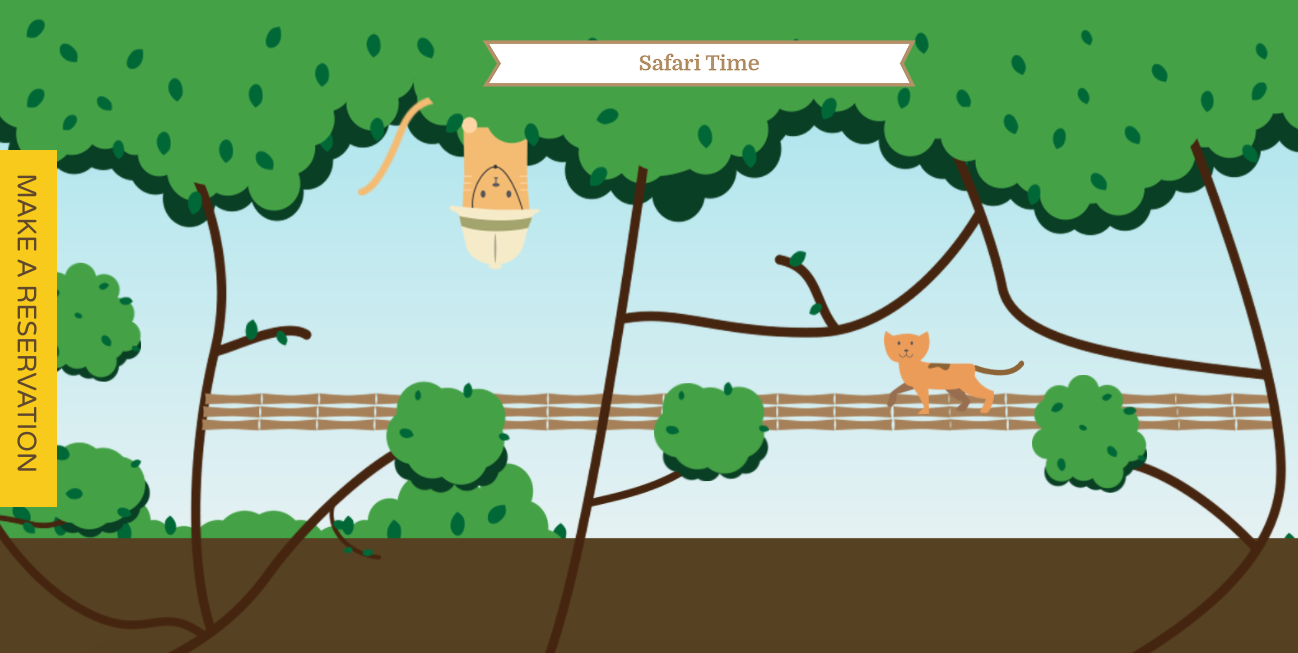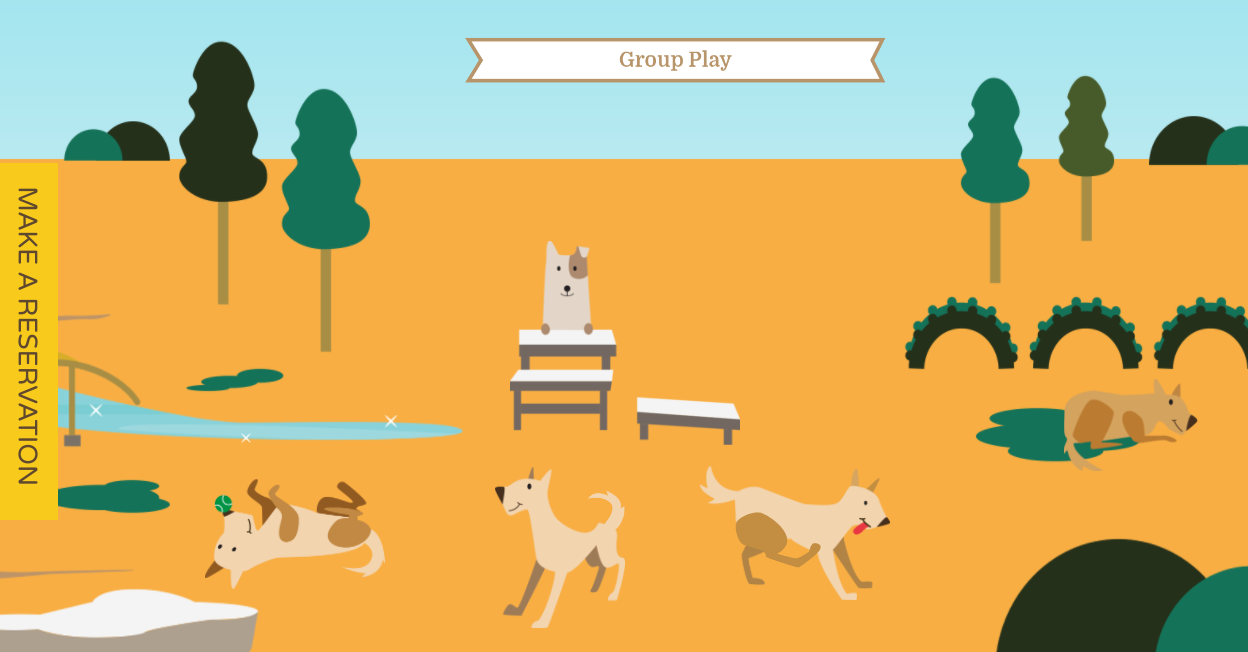As most of you know, I don’t have much non-Pet Camp experience with small dogs. My current dogs, Marmalade and Talise, weigh in at a mere 165 pounds and a petite 115 pounds. Most people know that both my dogs are “dogs” and respect (some might actually fear) them for that “dogness.” But what about small dogs? Do people, even some pet parents, recognize and respect them as dogs?
Why do small dogs have a reputation of bad behavior?

Because they are small, people will often simply approach small dogs without regard to their wishes or that of their pet parents. The result of all this is referred to by some animal behaviorists as “Small Dog Syndrome” the “constellation of undesirable traits that include too much barking, aggressive behavior like growling and jumping on others, constant, neurotic wariness of people and other dogs, and overall poor manners.”
What to do to avoid Small Dog Syndrome?
If your dog has Small Dog Syndrome or you know a pet parent with such a dog, don’t worry there are some fixes:
Let the small dog be a dog. Engage in some dog-centric activities. Maybe some fetch, chase, tag, even gentle tug-of-war.
- Socialize a small dog. Small dogs need to be socialized just like big dogs. Yes, you might need to be a bit more careful to ensure that your small dog socializes with the “right” sized and temperamental dogs – but proper dog socialization remains important.
- Don’t over protect. As with all dogs, there is a time to walk away from a situation, dog or person (or in the case of a small dog to pick the dog up) but watch your dog for cues of what they want before you swoop in and create a flying dog that then teases a big dog with all four paws stuck on the ground.
- The human rules still apply. Just because your dog is small doesn’t mean that people don’t need to ask before approaching your dog. If someone simply reaches your dog it’s both appropriate and safer to suggest that they both ask your permission and then greet your dog appropriately.
If you have a small dog with “Small Dog Syndrome” or a small dog that you want to make sure doesn’t develop “Small Dog Syndrome,” give us a call. With special playgroups for small dogs and an amazing Canine Enrichment Department, we’re ready to ensure that your small dog is happy and well adjusted.
Click here for more details on “Small Dog Syndrome”
Thanks for reading.
 Let the small dog be a dog. Engage in some dog-centric activities. Maybe some fetch, chase, tag, even gentle tug-of-war.
Let the small dog be a dog. Engage in some dog-centric activities. Maybe some fetch, chase, tag, even gentle tug-of-war.